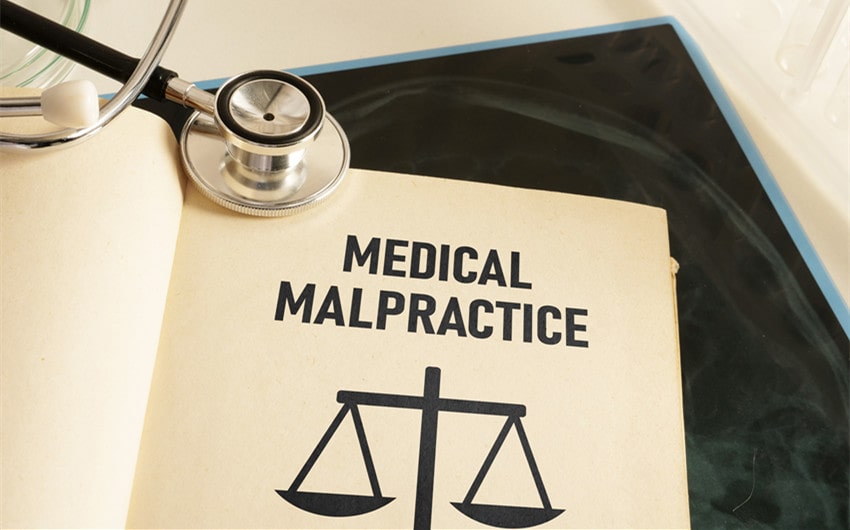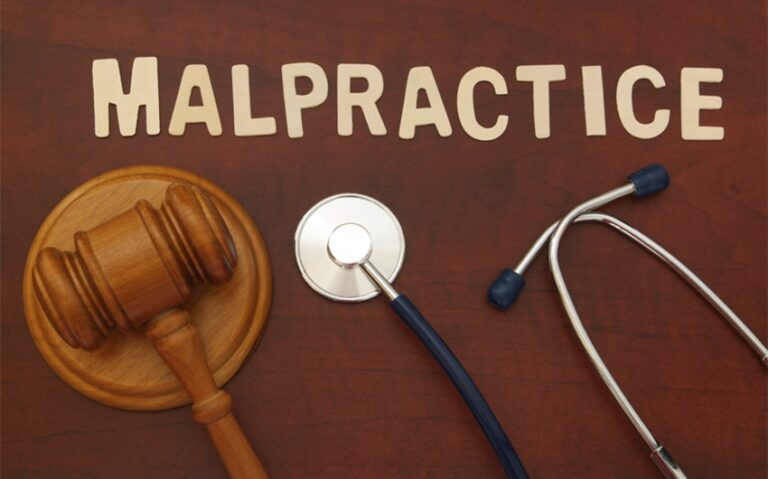5 Things Everyone Should Know About Medical Malpractice Cases
When you go to a doctor for help, the goal is to feel better. The good news is that things go relatively well most of the time. Even so, medical professionals sometimes do the wrong thing — and that can spell bad news for patients.
It’s one thing to suffer harm due to a medical professional’s neglect — but it’s another thing to pay the ultimate price and see your life cut short. If a medical professional’s negligence causes you harm, one option is to file a medical malpractice claim.
Medical malpractice is a much more complex issue than most people even realize. One of the reasons many medical malpractice claims fail is that it’s difficult to prove negligence. That’s one reason it pays to hire a reputable medical malpractice lawyer. Your odds of achieving a desirable legal outcome will improve if you have a legal expert.
Consider these five things that you should know concerning medical malpractice claims.
1. Poor Medical Outcomes Aren’t Always Medical Negligence
It’s important to highlight that poor performance does not necessarily mean negligence. The medical field is a complex one. Even if a doctor does the right things, the anticipated result might not be attained.
However, to bring a medical malpractice lawsuit, a person must show that the medical practitioner breached the standard of care that a competent practitioner could have achieved.
People often wrongfully assume that if a bad result occurs, the medical professional is legally at fault. That’s not always the case. Hiring a medical malpractice lawyer is important since the legal professional will be able to determine if you have a case.
2. Medical Malpractice Cases Demand Solid Evidence and Professional Testimony
Proving negligence in a medical malpractice case is more difficult than doing so in a car accident, dog bite, or just about any other type of personal injury case.
Specialists assess medical and other documents to see if the standard of care has been violated. They also take part in establishing the issue of causation, which is the negligence that led to the injury.
Without the benefit of expert testimony, medical malpractice cases would be difficult to win. That’s one reason personal injury lawyers often hire experts who can link the alleged negligence with the injury of the person pursuing the claim.
The prosecution of medical negligence cases usually involves a considerable period of time spent searching for medical evidence, such as surgical reports, medical history, medication history, images, and communications.
3. There Are Time Limits Within Which a Claim Must be Filed
Medical negligence claims are also subject to specific statutes of limitation. These are specific to the province and state you live in.
The time period is usually one to three years, but there are also exemptions that vary, depending on the following factors:
- The moment the injury was discovered
- Whether the patient was a minor
- Whether a foreign object has been left within the body
- If fraud and/or concealment were involved
Missing the time limit is a no-no since it’ll prevent you from filing a claim. But a good lawyer will ensure that deadlines aren’t missed and that nothing falls between the cracks.
4. Cases of Medical Malpractice Tend to Be Long and Costly
It’s worth repeating that medical negligence cases are the most challenging ones to deal with. This is because medical negligence cases take a longer time to be resolved than any other personal injury claims due to the following reasons:
- Comprehensive medical chart reviews
- Several opinions of experts
- Detailed investigations
- Complex legal cases
- Aggressive defense tactics of healthcare institutions and insurers
Further, lawsuits are very costly to pursue and could require spending tens of thousands of dollars — depending on the level of expert testimony and discoveries through deposition and investigation. The good news, however, is that many medical malpractice lawyers only get paid if you win your case.
5. Compensation May Extend Beyond the Cost of Medical Expenses
Should you win your case, compensation won’t necessarily be limited to medical expenses.
Compensation may cover future medical treatments for complications, lost wages if you’re unable to work during the recovery period, loss of earning capacity, and pain and suffering.
The reality of the matter is that a poor medical outcome does not necessarily translate to medical malpractice. And the proof of negligence of any kind is not a straightforward endeavor — one reason you should employ a lawyer.
If you’re a victim of medical negligence — or at least believe you are — the first and foremost important step that you should take is to get hold of a seasoned medical malpractice attorney. These attorneys are capable of educating you about your rights and leading you through what’ll likely be a long and stressful process.
It’ll be worthwhile, however, if you get the desired compensation for a medical professional’s failure to administer a proper level of care.







